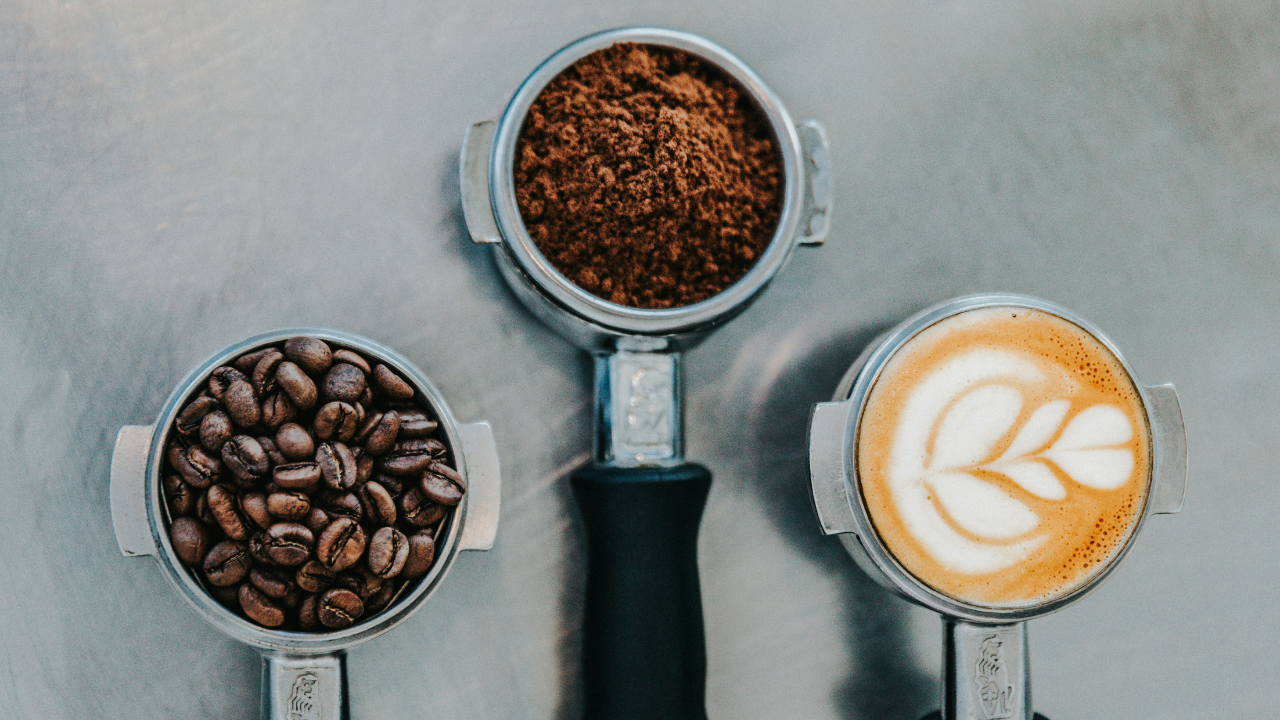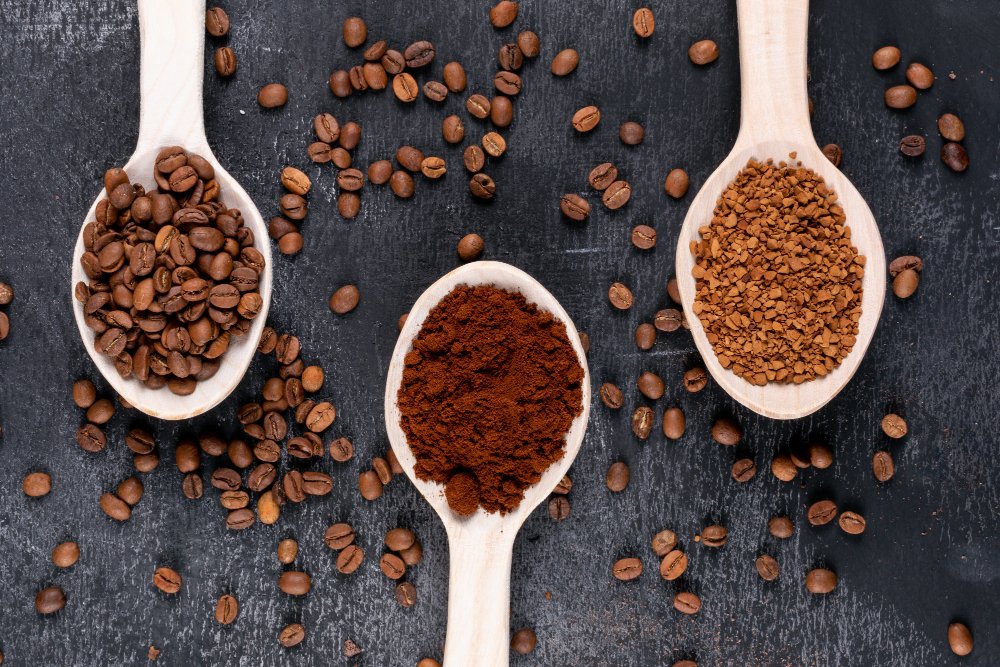For coffee enthusiasts, the daily ritual of brewing that perfect cup is more than just a routine. The debate between instant and ground brews has long been a topic of discussion and despite its once questionable reputation, instant coffee has seen a resurgence, thanks to innovative brands and cutting-edge technology.
But for many who have trouble deciding whether instant coffee or ground coffee is a better choice, let’s take a look into the nuances that set instant coffee apart from the familiar canisters of ground coffee.
Instant coffee Vs. Ground coffee: What’s the difference?
Understanding instant coffee
Derived from coffee beans, instant coffee undergoes the same brewing process as its ground counterpart—beans are ground and brewed with hot water, albeit on a grander scale. The resulting brew is concentrated and transformed into coffee crystals through either freeze-drying or spray-drying techniques.

Ground coffee
Ground coffee, a staple for most coffee aficionados, consists of roasted coffee beans finely ground for use in various coffee-making devices. While grinding whole beans at home is always an option, pre-ground coffee offers a convenient solution for daily use.
4 differences between instant coffee and ground coffee
As both instant and ground coffee promise a delectable cup, discernible differences exist between the two. From brewing time to required equipment and shelf life, we explore these disparities and address the perennial question of flavor.
Speed
True to its name, instant coffee lives up to its promise by offering a swift preparation process. Simply scoop some granules into a cup, add boiling water, and enjoy. For those pressed for time, instant coffee emerges as the ideal choice. On the other hand, ground coffee might take 10 to 15 minutes to brew, depending on factors like quantity and brewing style. While not a monumental difference, those extra minutes can make a significant impact during the morning rush.
ALSO READ: The benefits of using ground coffee in your garden

Method
A noteworthy distinction lies in the brewing methods of these two coffee types. Instant coffee demands no special equipment; your favourite cup and hot (or cold) water are all that’s needed. This makes it a practical choice during power outages or outdoor adventures. In contrast, ground coffee necessitates specific brewing equipment, such as a French press, Mokka pot, Chemex, or drip coffee maker.
Shelf-life
Coffee, being the resilient beverage it is, doesn’t spoil but rather loses flavor over time. Unopened ground coffee maintains its flavor for up to a year, diminishing after two weeks once opened and ideally consumed within six months. Instant coffee, sealed, can endure for two years, and once opened, it retains its quality for about six months.
Flavour
The notion that instant coffee equates to weak, bitter, and astringent brews is a thing of the past. Modern instant coffees rival their ground counterparts in flavour, thanks to technological innovations and emerging brands. These products often feature single-origin beans roasted in various styles, from medium to espresso.
However, it’s crucial to scrutinise labels, as some instant coffees may use Robusta beans, resulting in a slightly bitter taste. The drying process can introduce acidity, making freeze-dried options preferable over spray-dried ones.
ALSO SEE: 7 tips for brewing a better cup of coffee
Feature image: Pexels

